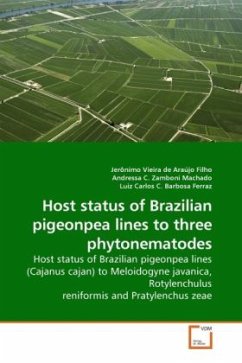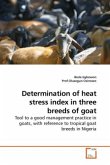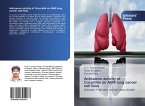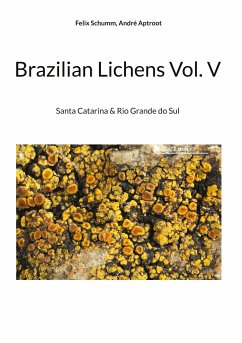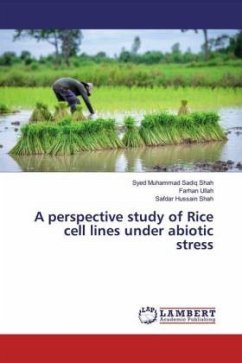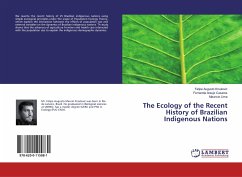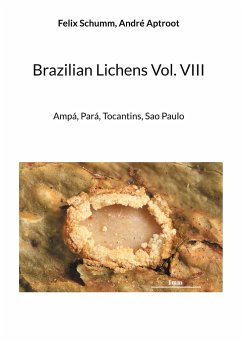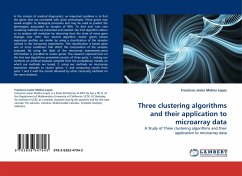Pigeonpea is a green manure often used in crop rotation worldwide. Despite the agronomical characteristics of this plant species, the host status of Brazilian pigeonpea lines to major phytonematodes remains unknown. Thereby, this book dealt with the assessment of host status of Brazilian lines to Meloidogyne javanica, Rotylenchulus reniformis, and Pratylenchus zeae, under greenhouse conditions. The host reaction for each tested interaction was defined with basis on the data of nematode reproduction factor and nematode number per gram of roots. Three out five experiments were related to M.javanica, including evaluation of 40 lines; fourth experiment evaluated 10 lines to R. reniformis and in the fifth experiment 11 lines were assessed in relation to P. zeae. Furthermore, practical implications of crop rotation of pigeonpea with sugarcane or cotton in nematode-infested fields are briefly discussed. The aspects dealt in this book are valorous tools to growers, students, and researchers that work with pigeonpea, since they provide management tools to economic nematode species and important information for pigeonpea breeding programs worldwide.
Bitte wählen Sie Ihr Anliegen aus.
Rechnungen
Retourenschein anfordern
Bestellstatus
Storno

